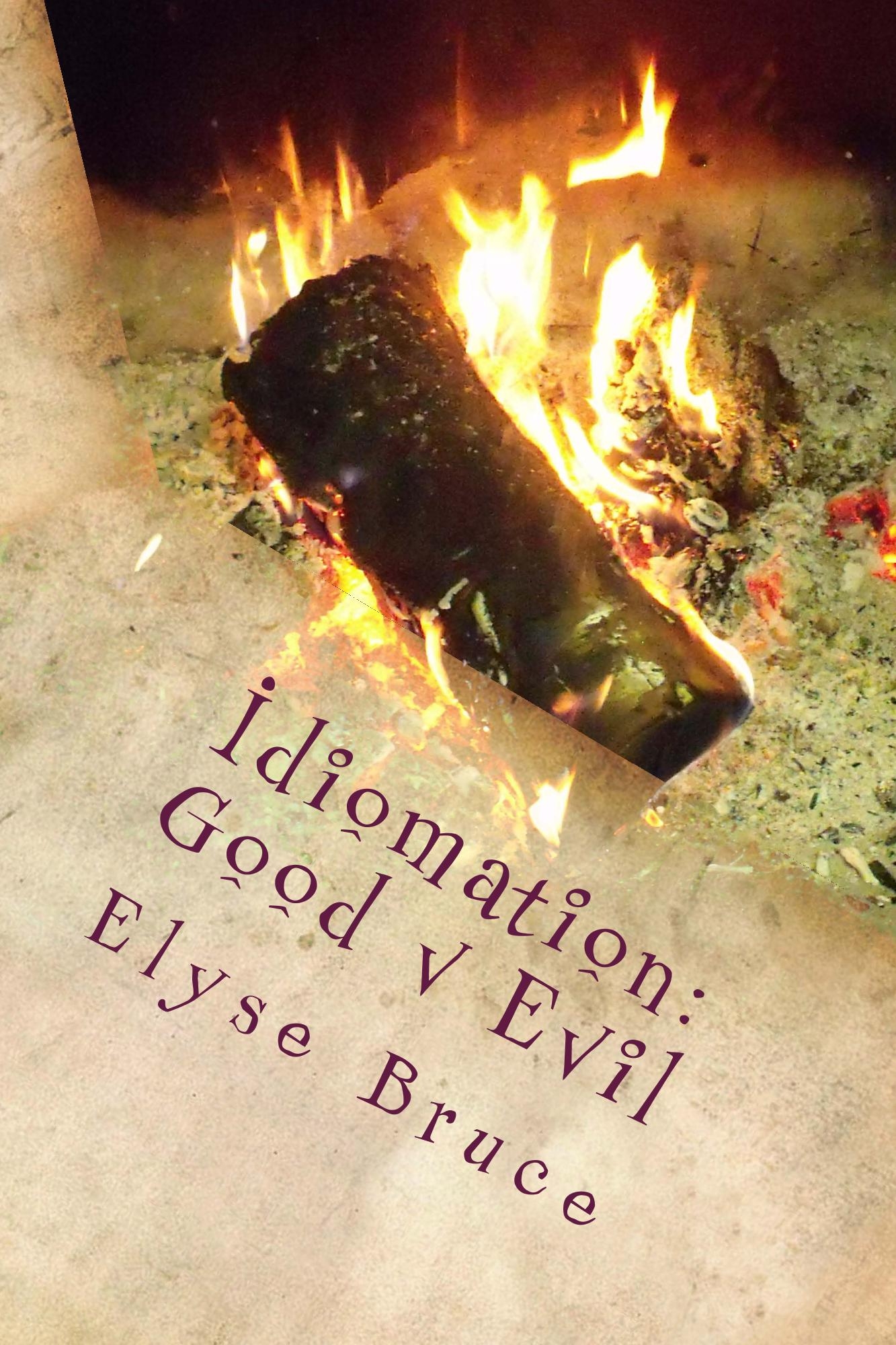Fair Play
Posted by Admin on May 25, 2010
Fair play is an established and agreed upon standard of decency and honesty where individuals in a competitive situation agree to abide by the set standard of decency and honesty.
The word fair comes from the Old English word faeger, meaning beautiful; the word play comes from the Old English word plega. The traditional forms of games and other recreational activities in Medieval England were violent in nature. Fair play came about as a way to create a more orderly approach to playing games and participating in other recreational activities.
The reason for this was so that betting — also a popular pastime — would have a level playing field for its participants. By creating equal opportunities for participants of competitions, a secondary level of competition was built up for spectators. When everyone knew the game and its rules, gambling became a worthwhile venture worth betting on.
In this way, fair play was a more ethical and more genteel way to wage war without firing shots and, for the most part, did away with the concept of winning at all costs … especially if it meant cheating in order to achieve this goal.
Shakespeare coined this phrase fair play and used it in several of his plays. The earliest usage of the phrase is found in his play The Tempest, Act V, Scene I, written in 1611 when Prospero comes across Ferdinand and Miranda playing chess.
MIRANDA:
Sweet lord, you play me false.
FERDINAND:
No, my dear’st love,
I would not for the world.
MIRANDA:
Yes, for a score of kingdoms you should wrangle,
And I would call it fair play.


Fair Play « Historically Speaking said
[…] on June 11, 2010 The phrase “fair play” is certainly a very positive phrase and it was covered at Idiomation in May. We thought the phrase should be revisited because there’s just so […]